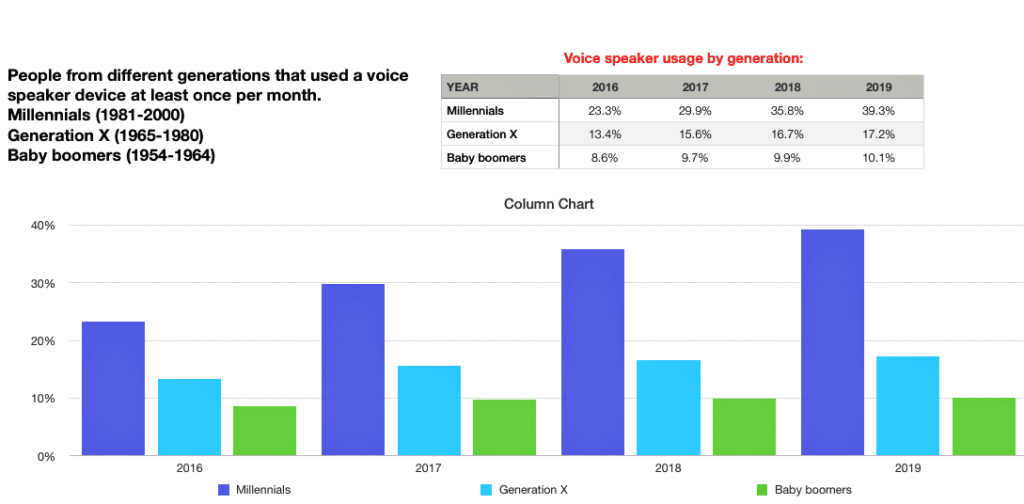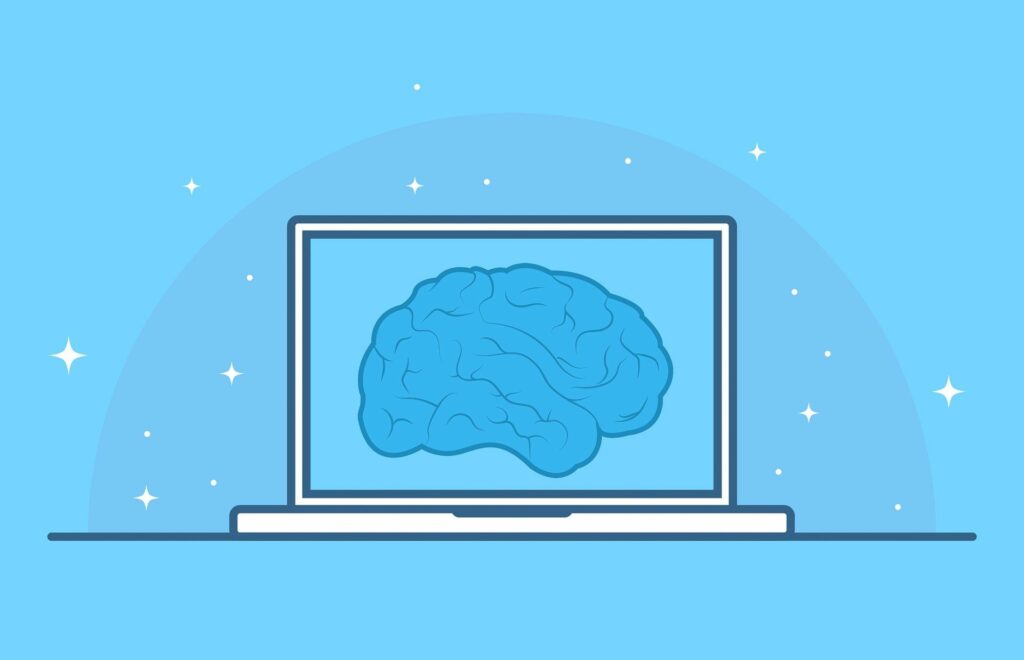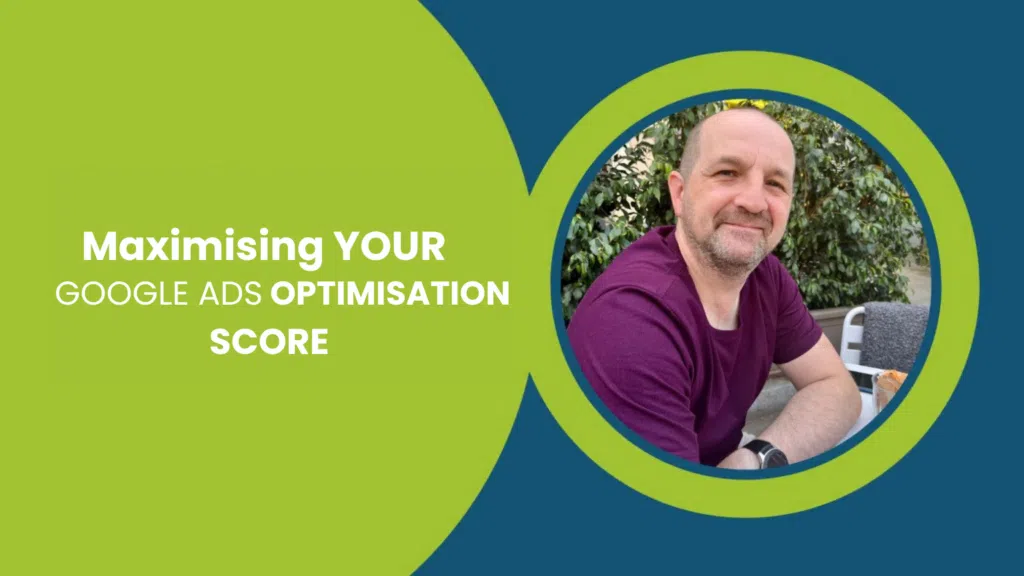In the developed world, artificial intelligence (AI) is a term that is becoming increasingly familiar. AI encompasses different technologies including machine learning, computer vision, natural language processing, deep learning and many more.
The use of these technologies has become more prevalent as AI has continued to develop. In fact, the Economist predicts that 75% of executives believe AI will be “actively implemented” in the next few years. So let’s delve deeper and find out what marketers in the digital age need to know when using AI for SEO.
What is AI?
An area which most believe is largely unexplored, AI is one of the most advanced and complex creations of the modern era. It refers to the simulation of human intelligence in machines that are programmed to think like humans and mimic their actions. There are a number of different AI technologies such as machine learning, robotic process automation, deep learning, decision management and so much more!
Why AI is important for SEO
AI already has its influence on SEO and, with technologies continuously in development, it is safe to assume AI isn’t going anywhere.
Content creation
A key part of Google’s algorithm is RankBrain. RankBrain is a form of machine learning. It independently learns from queries to sort search results and helps Google to understand the keywords in relation to a user’s search query. Before RankBrain was introduced, Google would try to match the keywords to words on a webpage, delivering the search results. It would heavily rely on guess work. Machine learning is used so previously unseen keywords are matched to keywords that Google has seen before.
Machine learning is an application that provides the system with the ability to learn and improve from experience without any human input.
What this means is that content now must best serve the users’ needs. Everybody knows that keyword research plays a huge role in content creation, but also be on the lookout for what else comes up in the SERPs. What Google snippets feature in the SERP? If it displays a People Also Ask box, optimise for those questions.
AI also has an impact on how you select the topic of your content creation. Using machine learning, AI will continuously identify current industry trends. This gives creators a better idea of what content they should be writing, helping keep the website relevant and up to date.
Voice search
Ever since the late noughties, voice search has grown exponentially. More companies have entered the frame, such as Apple, Google and Amazon, all pushing to make the technology quicker and smarter. There has been an uptick in the use of voice search by individuals, too (especially among millennials). After all it is quicker, and can be more convenient in certain settings such as while driving or cooking.
AI is used by voice assistants to find the quickest, most accurate answer to the user’s query while keeping the interaction conversational. In optimising for voice search, a website must make sure the information it puts out there is accurate and snappy, all while still making good use of keywords and long-tail queries.
But how can you optimise for AI-enabled voice search? It comes as no surprise that the use of voice search by individuals is certainly more conversational and colloquial as opposed to a search query on desktop. This typically makes search queries longer.

Local citations
Commonly found in online directories, a local citation is any mention of a business in terms of name, address and phone number. In a lot of cases, citations are on websites that the business may not be aware of, so it’s important to utilise online tools, such as BrightLocal, to identify them. Using automated content aggregation, many directories can pull information about your business from other websites. This makes it very difficult for businesses to control.
Google’s AI engine is fed with citation data through a process called Citation distribution. This is the process of having citations published all over the web; in directories, websites, and data aggregators. The more your citation is distributed across the web and in authoritative websites, the more you’ll be feeding Google’s AI. This determines where your website ranks in the SERPs.
What is concerning for companies is that AI can easily spot inaccuracies and discrepancies in local citations. While it is great for a website to have a large number of them, accuracy is also a big factor in how it may rank in the SERPs. With a number of local citations displaying incorrect or conflicting information, the main website itself may find its rankings slipping.
Potential customers may be easily confused and misdirected as a result of inaccuracies in local citations. Consumers at the earlier stages of their purchasing journey can be put off when finding different phone numbers or addresses on different sites. How are they meant to get in contact? So it is hugely important for a business to grow through their local citations and make sure that their information is fully up to date.
Analysis
AI now plays a bigger role than ever in research and analysis. There are a number of services, such as Semrush, that use AI to analyse a company’s SEO efforts in a fraction of the time it would take a human.
Marketers are provided with real-time recommendations and data so that they can promptly take the steps to optimise their content. This could be a list of targeted keywords that they should be going after. It’s important to stay relevant – the advantage of having real-time analytics is so content creators can optimise for the present. Any manual research and analysis takes longer and carries the risk of making outdated optimisations. It’s also important to recognise which content is doing well as this will aid in making decisions going forward.
AI systems also crawl webpages to analyse aspects like page-speed and performance, and flag up page errors which require a quick fix. It’s better for a spider to spot these than a user trying to navigate your website!

Summary
Now that you have more of an insight into the increasing role AI plays in a website’s SEO efforts, you can be more aware of how and when you use it. It is vital that a website continues to conduct research before publishing content while analysing what it already has online. Local citations that utilise AI technologies do have an impact on SEO and on a website’s ability to rank in the SERPs.
So what do you think? Have you noticed AI’s increasing role in SEO? How have you adapted your SEO efforts with its increasing presence? Are you going to starting using AI for SEO? Let us know in the comments below or tweet us @TeamTillison.







